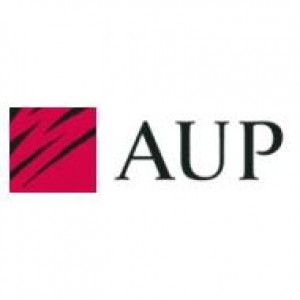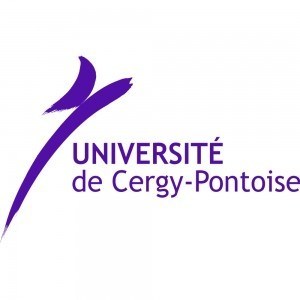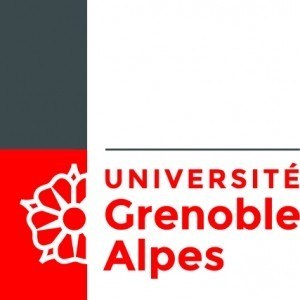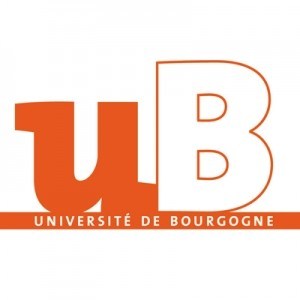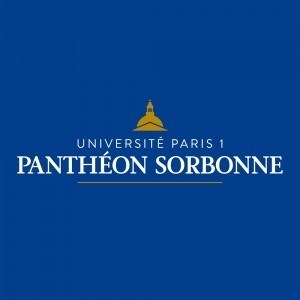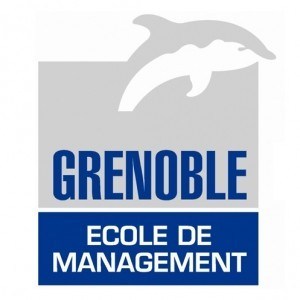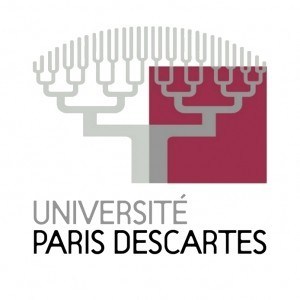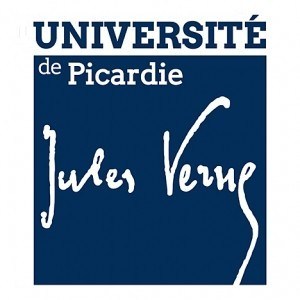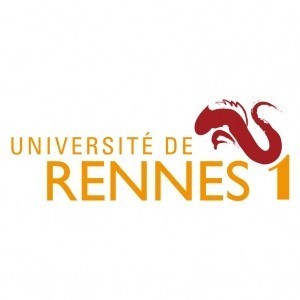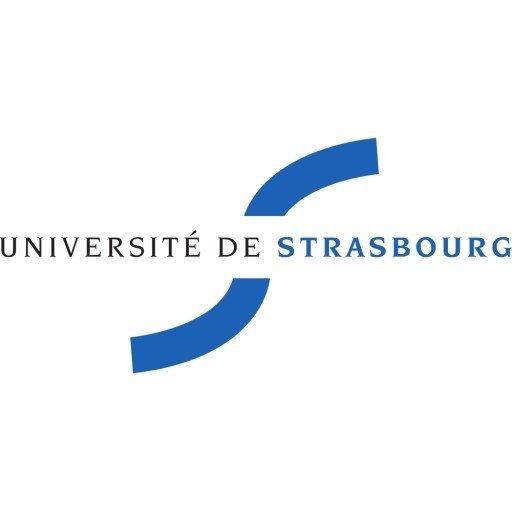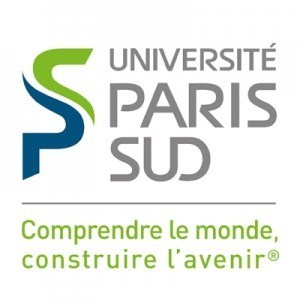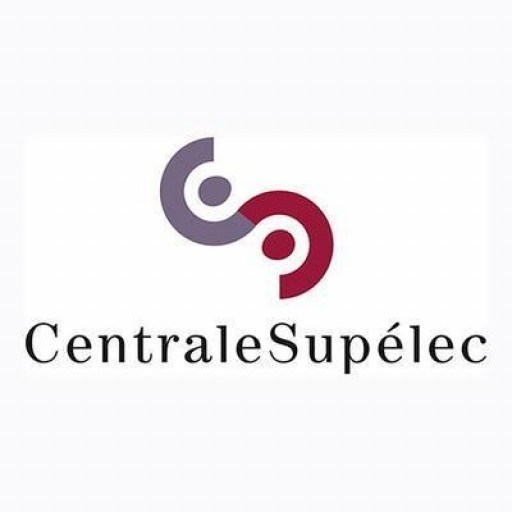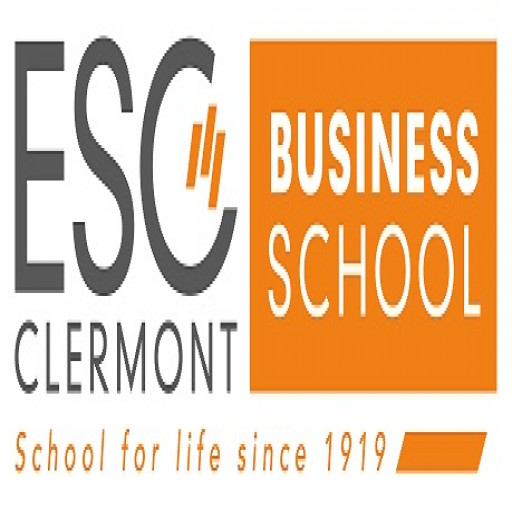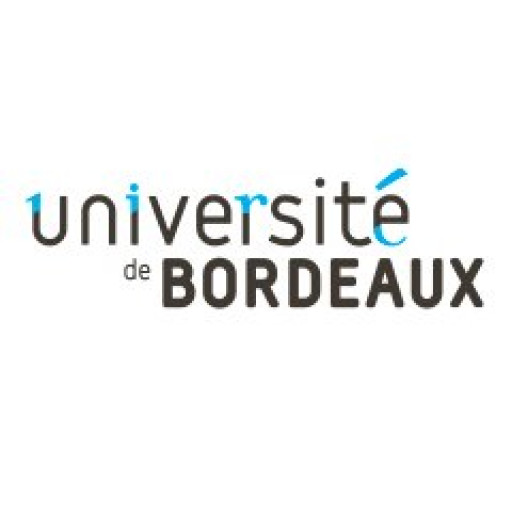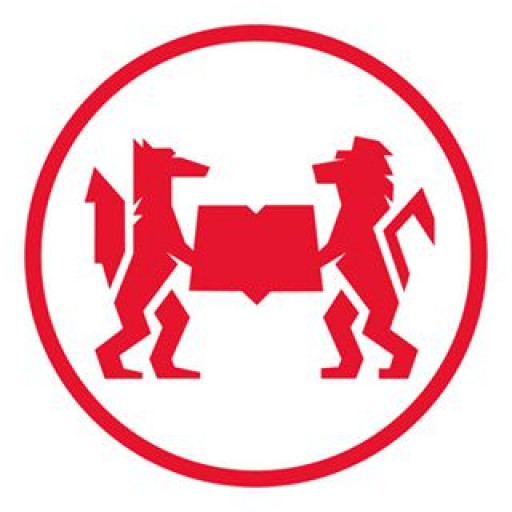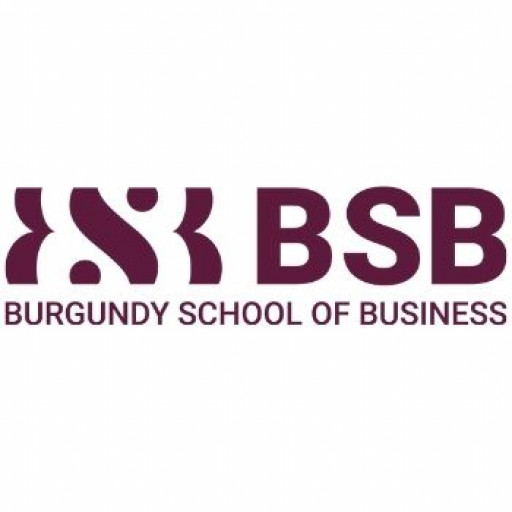Master degree in France
France - the birthplace of the philosophers Voltaire and Motescue, mathematicians of Descartes and Laplace, writers Zola and Dumas, artists Cezanne and Renoir, directors Godard and Besson. Higher education in France is famous for its traditions and highest quality. Universities of France occupy high places in world ratings, and the country itself is the fourth in the world in terms of the number of Nobel laureates.
The master's degree in France usually lasts 2 years, unlike, for example, the Master Program in the UK (12 months without summer vacations). A typical French Master's program gives 120 ECTS credits. As in many other European countries, in France the master's degree is divided into "scientific" and "professional". In France, there are almost 300,000 foreign students. (12% of the total). This country is the fourth in the world for the popularity of education abroad (after the United States, Britain and Australia). France also differs in the fact that in state universities the cost of education is the same for local and foreign students.
Studying on Master Program in France is also an opportunity to improve your level of knowledge of the French language - the official language of the Olympic Games, the UN and the institutions of the European Union.
Universities of France
There are 83 state universities in France. Higher education in France is very affordable (almost free of charge).
Higher schools (Grandes Ecoles) are unique educational organizations, only for France. They are considered prestigious and are preparing most of the business and scientific elite of France. Most of them offer excellent master programs, often in English. The Centers for Higher Education and Research (Pôles de Recherche et d'Enseignement Supérieur) cluster consisting of universities, special institutes, and research centers. There are about 20 such centers in France.
France is one of the world leaders in the field of science and technological innovation, especially in such fields as aerospace sciences, transport, electronics, telecommunications, chemistry, biotechnology, health.
- Technical science. In France, 240 engineering schools offering master's programs (diplôme d'ingénieur), confirming the high competence in this field.
- Business and management. According to the Financial Times rating, 7 of the top 10 master's programs in management are offered by French business schools. All of them are aimed at applying the most advanced management practices in a changing world. Many of the schools offer internships in international companies.
- Art. French universities in the field of art are divided into universities of art and universities of the applied art. There are also 20 schools of architecture.
The format of classes and the learning process
The process of studying at the magistracy is not really different from the bachelor's degree: some part of the time the student attends lectures, and the main load is supposed for independent work - reading, searching for information and working on the text. Since Master students are usually 3-4 times less in numbers than bachelors, lectures are held in fairly small groups, also, there is an opportunity to personally discuss questions on the course with the teachers.
The great difference in the process of teaching at the master's level will be the need at the end of each year to write a work called le mémoire. The bottom line is that to write it you need to do your little research and turn it into a clear and structured text 60-100 pages long. Since this is the main goal of studying in the Master program, it is the work on the memoir that will be devoted most of the time to the master.
Admission to the magistracy in France
The main requirement, as elsewhere in Europe, is the diploma of the first higher education. However, each university is free to set additional admission rules. In many public universities, a competition for a particular master's program can be very high. Usually, admission to universities ends in January (although by that time it is not necessary to have a bachelor's degree in hand).
The minimum requirements for the level of the French language are also set by universities individually. As in the case of English, it is necessary to pass a special test for knowledge of French. For studying on Master's programs in English, it is enough to have a basic knowledge of French.
The cost of the education in France
Compared with other countries in Europe and North America, in France, the education in the Master program is more than affordable. The French government sets the cost of training in public universities. In 2012-13 it was 350 euros. In private universities, the cost can be significantly higher. Many extracurricular activities (for example, participation in student clubs) usually cost extra money.
Scholarships and grants for study in France In France, there are a number of scholarships and grants for foreign students, including Russian students. Scholarship of the Government of France. The Eiffel Scholarship is aimed at attracting foreign students and is about 1000 euros per month. Sometimes the scholarship also covers the costs of travel, insurance, and accommodation. To apply for Eiffel scholarship is necessary in January.
Prospects after a master's degree in France
Based on statistics, we can confidently say that with a master's degree, employment is much more successful than with a bachelor's degree. The unemployment rate among graduates of the master's program of French universities is about 4% compared to 13% at the level of bachelors. This is largely due to the requirement of many European employers to have a master's degree in their specialty. As a rule, the Master's Diploma (Diplôme d'études supérieures spécialisées) is designed for professional activities.
Training in a magistracy of a research type (ie, under programs with a diploma of DEA - Diplôme d'études approfondies) logically leads to doctoral studies. On the research programs, the student requires a large level of responsibility, good erudition, as well as the ability to establish links with teachers, because it is from their recommendations that the chance of getting a funded place in the center of doctoral studies depends. As a rule, those who are planning to engage in teaching activities enter the doctoral program.
In France, the teaching post is considered extremely prestigious and well paid: from 2,000 to 6,000 euros a month after taxes. Accordingly, it is not so easy to enter there, it is even more difficult to obtain financing. However, it is much easier to do this after the French magistracy, rather than after the Russian.


